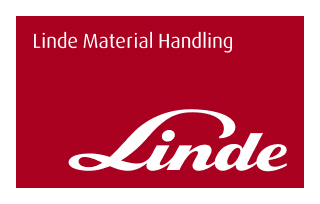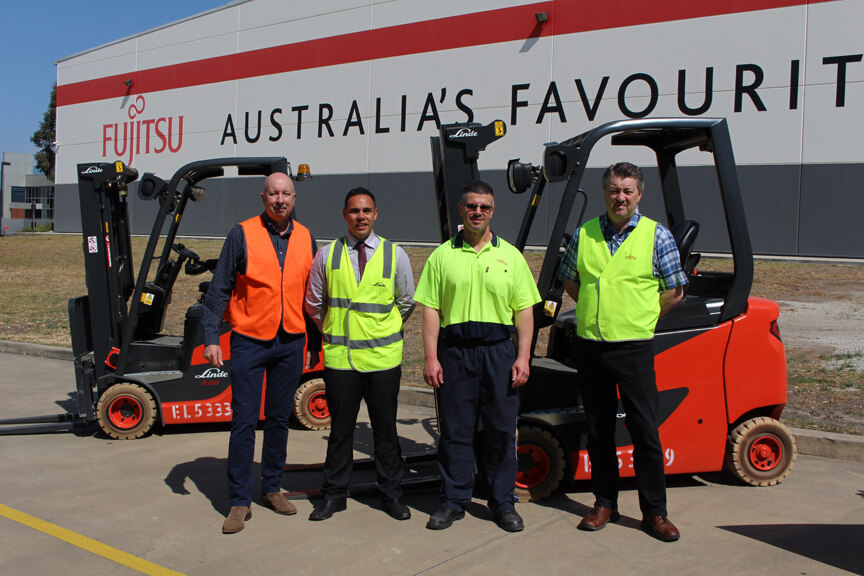- Blog
- Customers


Fujitsu General Australia regarded the necessity to changeover its forklift fleet as an opportunity rather than a disruption at its Eastern Creek national warehouse in Sydney.
“We’ve been at this site for nine years,” warehouse supervisor, Jason Bonnici said. “We’ve been with the same provider for several years and our gas forklift fleet was beginning to show its age. We owned half of our forklifts outright and the balance were leased from another provider.” With future plans including a move to a new site, the leading supplier of air conditioning products decided to deal with the fleet changeover sooner rather than later.
We didn’t just want a new fleet, we wanted a better fleet and a better relationship with the supplier we selected.
“We decided to go to tender, not just to identify the best equipment for our purposes, but also to find the supplier best placed to serve us in the future with advice as well as equipment service, Jason Bonnici said. “Our costs were starting to creep up a little too high and with an aging fleet it was time to make some big decisions. That included potentially ending our practice of outright equipment purchase and instead going with a long-term rental.”
“Once we made the decision to changeover our fleet, our first thought was to give our existing suppliers the opportunity to present us with some options,” Jason said. “There is a strong culture here of excellence and of looking after the staff and their safety. We also take our environmental responsibilities seriously, so all those factors weighed into the decision making process. We didn’t just want a new fleet, we wanted a better fleet and a better relationship with the supplier we selected.”
A trial Linde gas forklift provided to Fujitsu General Australia was a standout performer early in the process, following a monitoring exercise using an external consultant to determine noise levels. Even though the previous gas forklifts were confirmed to still be noise level regulation compliant, Fujitsu General Australia had decided they were just too noisy.
“The Linde trial gas forklift was considerably quieter and comparison monitoring against one of our gas trucks showed it was obviously much more fuel efficient. The outcome was positive, but we wanted to review the next level model which brought our attention to the Linde battery trucks,” Jason said.
We are getting a full shift out of the battery forklifts without any difficulty and even when we have occasional overtime the trucks don’t have a problem.
“It would be wrong to say there wasn’t any resistance to a potential move to a battery-operated forklift when a Linde 2.0 tonne capacity battery forklift arrived, but our operators were prepared to trial the equipment with open minds. It soon became obvious to them that the days when you would get three or four hours work from a battery forklift before having to recharge were long gone.
“We are getting a full shift out of the battery forklifts without any difficulty and even when we have occasional overtime the trucks don’t have a problem. We now have had six months’ experience with them and there has been a total turnaround in performance as well as operator acceptance. “

“From the outset of the tender process Linde’s attitude has been extremely responsive and that continues to be the case,” Jason Bonnici said. “Whether it was providing us with a trial gas or electric forklift, familiarising staff with their operation or dealing with service issues we built up a lot of trust in them. If we have a service issue, we can rely on a Linde technician to be here on our doorstep within three hours. We weren’t getting that same level of service from our previous supplier.
“There are plenty of benefits for the operators,” he said. “You’re sitting up higher with a good view. The controls are well located and very easy to operate. This makes for a comfortable and safe solution for our staff. And of course, the warehouse is a much quieter workplace now, which is a win for all our employees. We also have the added benefit of not having to handle gas cylinders with all the workplace health and safety issues associated with them.